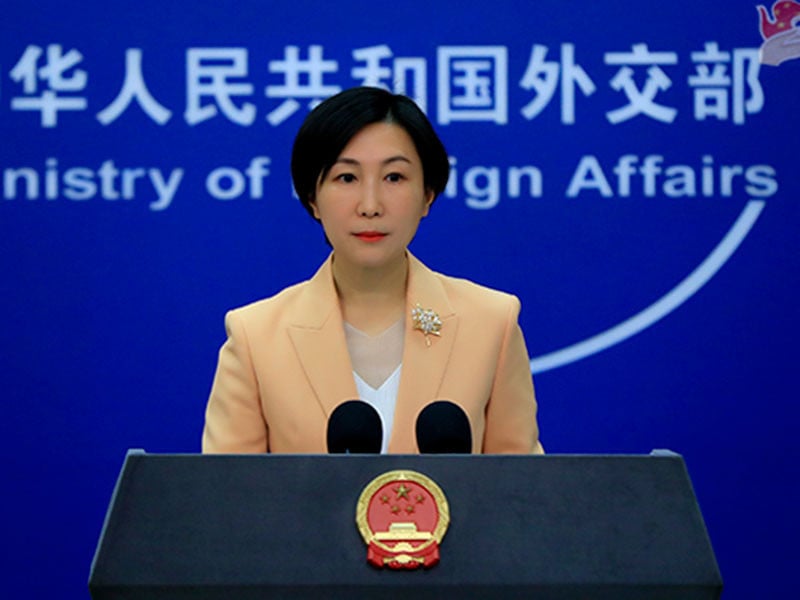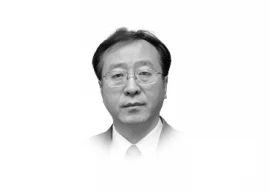
Chinese Foreign Ministry spokesperson Mao Ning on Tuesday said that Xinjiang and Xizang (Tibet) enjoy social stability, economic growth, solidarity among all ethnic groups and harmony among various religious beliefs, and the people there are living a happy life.
“A happy life for the people is the most important human right. Putting the people front and centre, China has worked to realise, protect and advance the fundamental interests of the greatest majority of the people," she said in response to a related query at a news briefing in Beijing.
Speaking in response to the UN High Commissioner for Human Rights calling on China to stop the law, policies and practices that “violate” human rights in Xinjiang and Xizang, Ning emphasised the nation's commitment to prioritising the well-being and interests of its citizens while advancing human rights within the framework of national realities.
China's approach to human rights, as articulated by Mao Ning, focuses on aligning with contemporary trends and addressing domestic circumstances. This approach, she asserted, has led to significant advancements in the realm of human rights, evident in Xinjiang and Tibet regions.
Moreover, she expressed a willingness to engage in dialogue and communication with the UN human rights body and other stakeholders to enhance mutual understanding and cooperation in global human rights governance.
Emphasising mutual respect, Ning urged for constructive engagement to promote consensus-building and positive contributions to international human rights endeavours. “We urge the UN human rights body to respect the judicial sovereignty of member states, and carry out its work under the principle of impartiality, objectivity, non-selectivity and non-politicisation,” she said.
Ning also addressed criticisms levied by certain Western countries against China, particularly regarding issues related to Xinjiang and Tibet. She accused these countries of propagating "rumours and lies" under the guise of human rights concerns, with the underlying motive of impeding China's development.
Read also: Chinese FM stresses right to survival, development at UN human rights council
Ning's rebuttal reflects China's stance against what it perceives as interference in its internal affairs under the pretext of human rights.
“Facts prove once and again that the international community has seen more and more clearly about the political agenda and double standards of the US and other Western countries behind their manipulation of human rights issues,” she said pointing out that over 100 countries have supported China's position on these matters, signalling a growing rejection of Western narratives and interventions.
“This fully proves that the world is not blind to truth.”
On Monday, UN human rights chief Volker Turk had said that China was violating fundamental rights in its Xinjiang and Tibet regions and called on Beijing to change course.
Turk also asked Beijing to release rights defenders arrested under the "vague" offence of "picking quarrels and making trouble".
He called on Beijing to implement recommendations made by his office and other human rights bodies "in relation to laws, policies and practices that violate fundamental human rights, including in the Xinjiang and Tibet regions".
"I am engaging with the Hong Kong authorities on continuing concerns about national security laws," he added, in his global update to the UN Human Rights Council.





















COMMENTS
Comments are moderated and generally will be posted if they are on-topic and not abusive.
For more information, please see our Comments FAQ